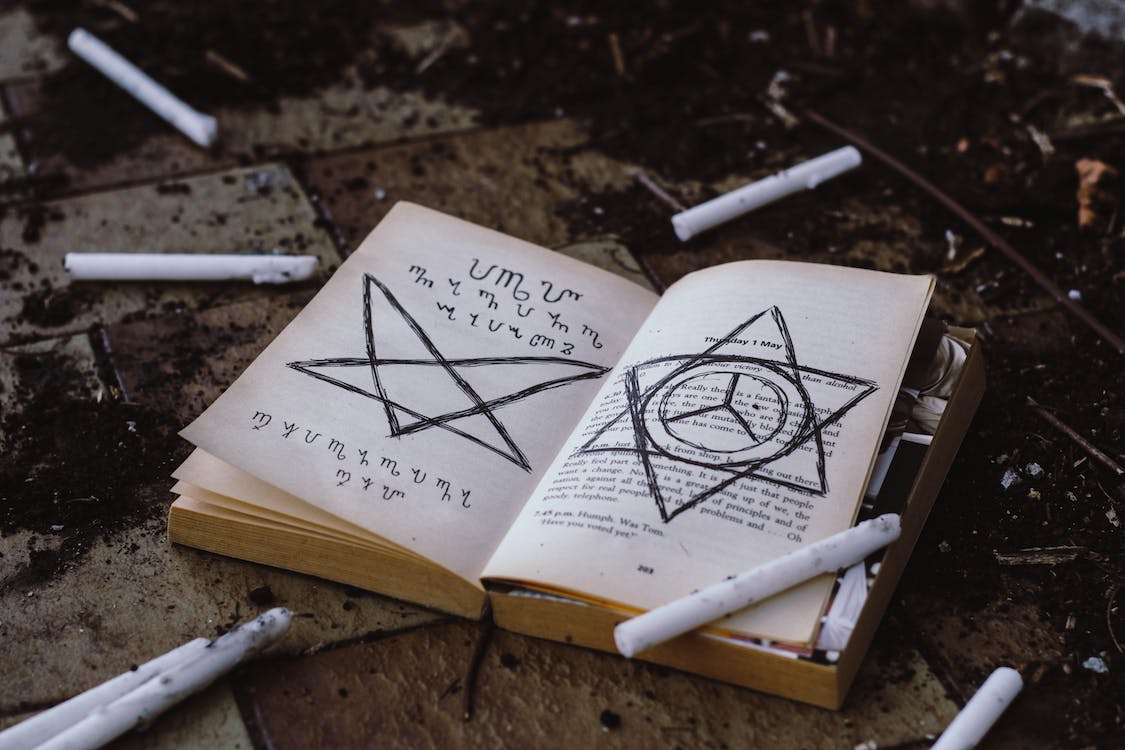
FAQ About Wicca

Who founded Wicca?
Wicca as a modern religious movement was founded by Gerald Gardner in the mid-20th century. Gardner, an English civil servant and amateur anthropologist, claimed to have been initiated into a witch coven in the New Forest region of England in the late 1930s. He later became one of the key figures in popularizing and organizing Wicca as a distinct religious tradition.
Gardner's practices and teachings drew from a variety of sources, including folklore, ceremonial magic, and esoteric traditions. He wrote several influential books, such as "Witchcraft Today" (1954) and "The Meaning of Witchcraft" (1959), in which he presented his beliefs and rituals.
Gardner's work helped to bring attention to witchcraft and Paganism, and he played a significant role in establishing Wicca as a recognizable and organized religion. However, it is important to note that Gardner himself acknowledged the influence of older traditions and individuals who preceded him, and he positioned Wicca as a revival or reconstruction of ancient pagan practices.
Since Gardner's time, Wicca has evolved and branched out into various traditions and lineages, with new leaders, authors, and practitioners contributing to its development. Today, the Wiccan community is diverse and encompasses a wide range of beliefs, practices, and interpretations.
